Can the work of Professor R Obot be beautiful too?
The rise of AI raises questions about how we judge results
Did AI just win the Nobel prizes in physics and chemistry?
The importance of the expert eye in scientific progress
Public inquiry into Novichok poisonings hopes to shed light on murky events
The investigation into the Amesbury poisonings let the public see the importance of forensic chemistry
Large language models are great, but they don’t speak to me
AI has some made tremendous achievements, but some things mean more than words
Does lysergic acid link the Salem witch trials and a Catholic saint?
A fungal factor may have been the common cause of witch hunts and St Anthony’s fire
Celebrating the coffee break
One of the most surprisingly productive parts of the day
Proteins’ shape and function are two sides of the same coin
A new perspective on the relationship between chemistry and biology
How hoarding knowledge is hurting the industry in the long run
Sharing results that are not commercially viable would speed up research
Our columnists

Philip Ball is an award-winning journalist, author and broadcaster who explores the history and philosophy of chemistry
A high-pressure insight into the structure of water
The hydrogen-bonded network in liquid water resists compression; density increases instead arise from molecules moving into voids

Raychelle Burks is an associate professor in the US and an award-winning science communicator and broadcaster.
Does lysergic acid link the Salem witch trials and a Catholic saint?
A fungal factor may have been the common cause of witch hunts and St Anthony’s fire

Nessa Carson is a synthetic organic research chemist based in Macclesfield, UK
Working in the chemical industries, plural
Despite often being presented as a monolith, there’s a huge variety of activities, working practices and reaction scales across industrial research
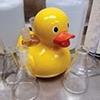
Chemjobber is a US-based industry insider, telling tales of tank reactors and organic obstacles
The power of a printed chart
Even in this online era, some things are still best kept on paper
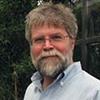
Derek Lowe is a medicinal chemist in the US, sharing wit and wisdom from a life spent in preclinical drug discovery
Large language models are great, but they don’t speak to me
AI has some made tremendous achievements, but some things mean more than words

Alice Motion is an associate professor in Australia interested in citizen science, public outreach and education
The CaSE for engagement in research
Discussions shed light on how the public would like to contribute to R&D

Chris Nawrat (aka BRSM) is a process chemist at a major pharmaceutical company in the US
(–)-Scabrolide B (and friends)
An experimental confirmation with some extra surprises

Vanessa Seifert explores philosophical issues from the novel perspective of chemistry
Did AI just win the Nobel prizes in physics and chemistry?
The importance of the expert eye in scientific progress

Andrea Sella is a professor of inorganic chemistry in the UK with a passion for unravelling the unlikely origins of scientific kit
Fermi’s questions and the importance of estimation
Knowing how to approximate the unknown is a much undervalued skill
Research landscape
A holistic approach to success
Three activities that helped me to thrive in academia and beyond
How hoarding knowledge is hurting the industry in the long run
Sharing results that are not commercially viable would speed up research
Holes in the ‘holey graphyne’ story
The challenges – and importance – of questioning published results
Harnessing fear and greed for innovation
Many powerful emotions motivate us in the search for new knowledge
UK researchers need to know academic freedom is safe from political interference
The UK science secretary’s recent statements are causing alarm in the research community
Industry landscape
Large language models are great, but they don’t speak to me
AI has some made tremendous achievements, but some things mean more than words
Public inquiry into Novichok poisonings hopes to shed light on murky events
The investigation into the Amesbury poisonings let the public see the importance of forensic chemistry
Poring over biomacromolecules
What will nanopore sequencing turn its hand to next?
With departments and courses facing closures UK chemistry needs a new hero
Harry Kroto’s star status helped to save the subject 20 years ago
Letters: October 2024
Readers celebrate an MSc course, manufacturing and multi-dimensional space
Profiles
Yvonne Perrie: ‘Good research culture is about being able to learn and fail without judgment’
The drug delivery expert and multidisciplinary researcher on the importance of learning from failure and how a summer in a margarine factory influenced her career
Teaching enzymes new reactions through genetic code expansion and directed evolution
Anthony Green’s research group at the University of Manchester, UK, reengineers enzymes to have catalytic functions beyond those found in nature
Carol Robinson: ‘I really wanted to wave the flag about technicians’
The mass spectrometry trailblazer on leaving school at 16 and waving the flag for technicians
Carol Robinson: ‘I really wanted to wave the flag about technicians’
The mass spectrometry trailblazer on leaving school at 16 and waving the flag for technicians
The early-career engineer showcasing women in the chemical industry
Jordan Riddle explains how embracing change and extra curricular activities has benefited her work in chemical production
Inspiration on a surfboard and in the chemistry classroom
Sarah Gerhardt’s curiosity connects her passions for science, teaching and surfing
Emmeline Edwards: ‘I connect the dots’
The Haitian-American neurochemist on her journey from Haiti to the US as a teenager, and her journey from chemistry to brain science
Gregory Robinson: ‘We were members of the last generation to attend segregated schools’
The synthetic inorganic chemist on attending a segregated school in Alabama, balancing football and chemistry, and tennis as a muse






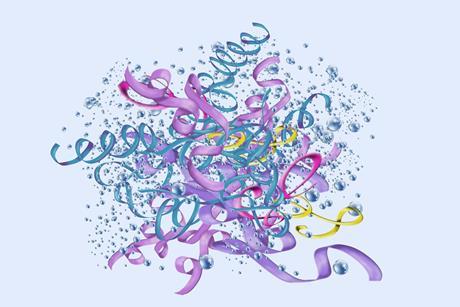







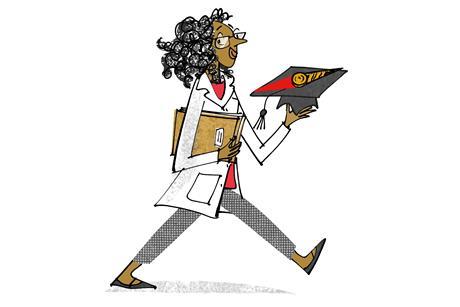




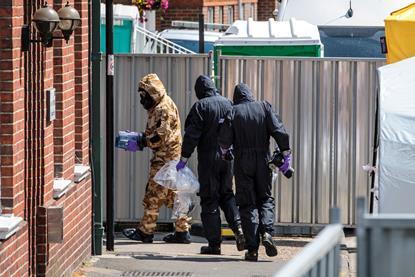
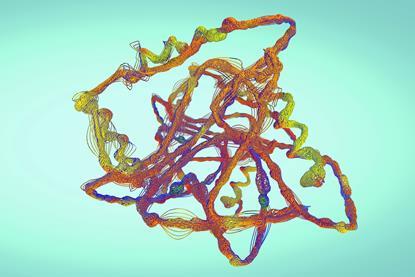
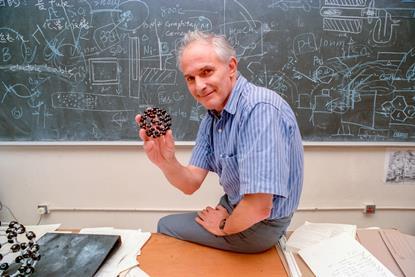

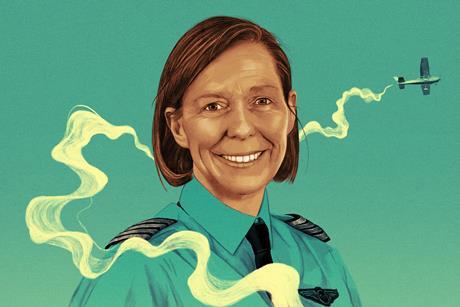
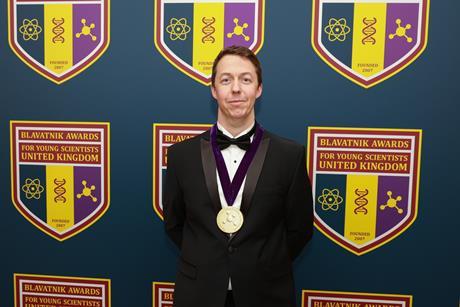
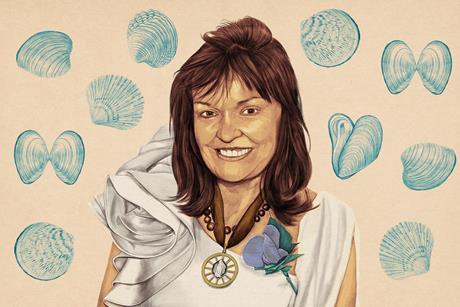
Can the work of Professor R Obot be beautiful too?
By Dean Thomas
The rise of AI raises questions about how we judge results
Why we need public analysts
By Duncan Campbell
As the Association of Public Analysts winds up, Duncan Campbell reflects on the continued importance of the profession